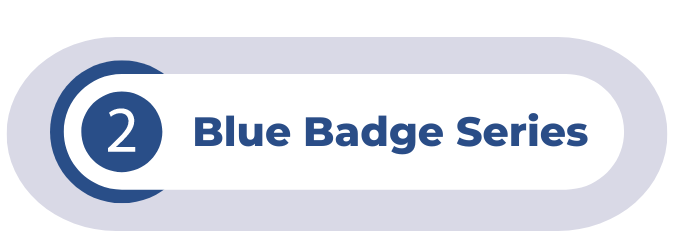
Lesson 7: Data in Sports
The Data Proficiency Program training lessons are now available to state employees. Upon completion of each section quiz badges will be emailed from mph@subscriptions.in.gov. We welcome all state employees to sign up via their state email account to receive future updates and news about our Data Proficiency Program. Subscribe to our mailing list to stay in touch with us.

Sports data is more than just stats on trading cards or improving your standings in your fantasy football league. Across sports types, leagues and levels, teams are using data to improve their performance and win!
Coaches and owners use data every day to replicate winning scenarios to improve their records and profitability. This is done through optimizing processes and studying the data to choose players and employees that are the best fit for organizations.
Books and movies have been written about how data plays a large role in some teams’ success stories. Moneyball, a movie which showcases how the Oakland A’s used data analysis to develop their team, is just one example. This pop culture reference has become synonymous with data-driven decision making. In fact, former Governor Holcomb was recognized as a “Moneyball All-Star Governor” by Results 4 America. Learn more at moneyballforgov.com.
How can the State of Indiana continue to apply these strategies? What are the “winning scenarios” you would like to see replicated in your organization?
Learn more with the latest in the Data Literacy series from Arizona State University and Crash Course.
EXTRA READING
Here are a few more examples of how data is influencing the sports industry:
- Big Data in Sports | Master’s in Data Science (Mastersindatascience.org)
- How Data Analysis In Sports Is Changing The Game (Forbes.com)
<< Go back to Lesson 6: Indiana Transparency Portal | Go to Lesson 8: Understanding Election Data >>
The video for lesson 7 Data in Sports: Study Hall Data Literacy #6: ASU + Crash Course lesson comes from the Study Hall: Data Literacy series released in September 2020 by Arizona State University as part of the popular Crash Course learning channel on YouTube.
